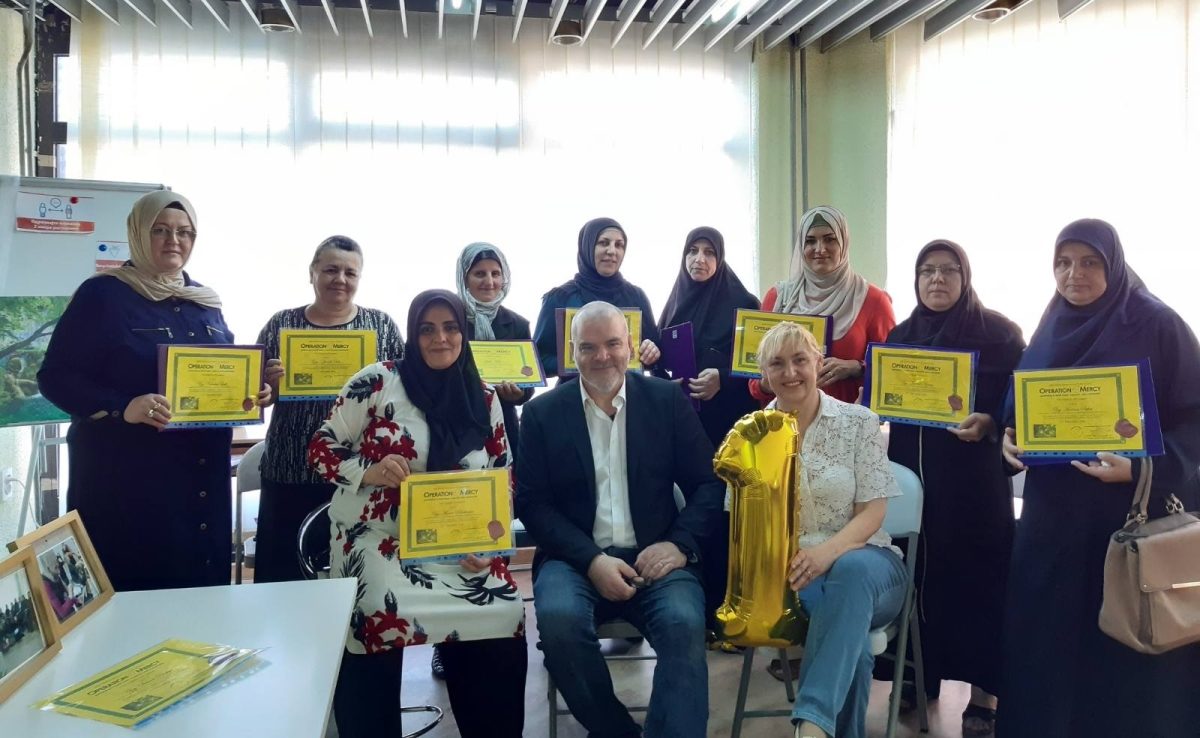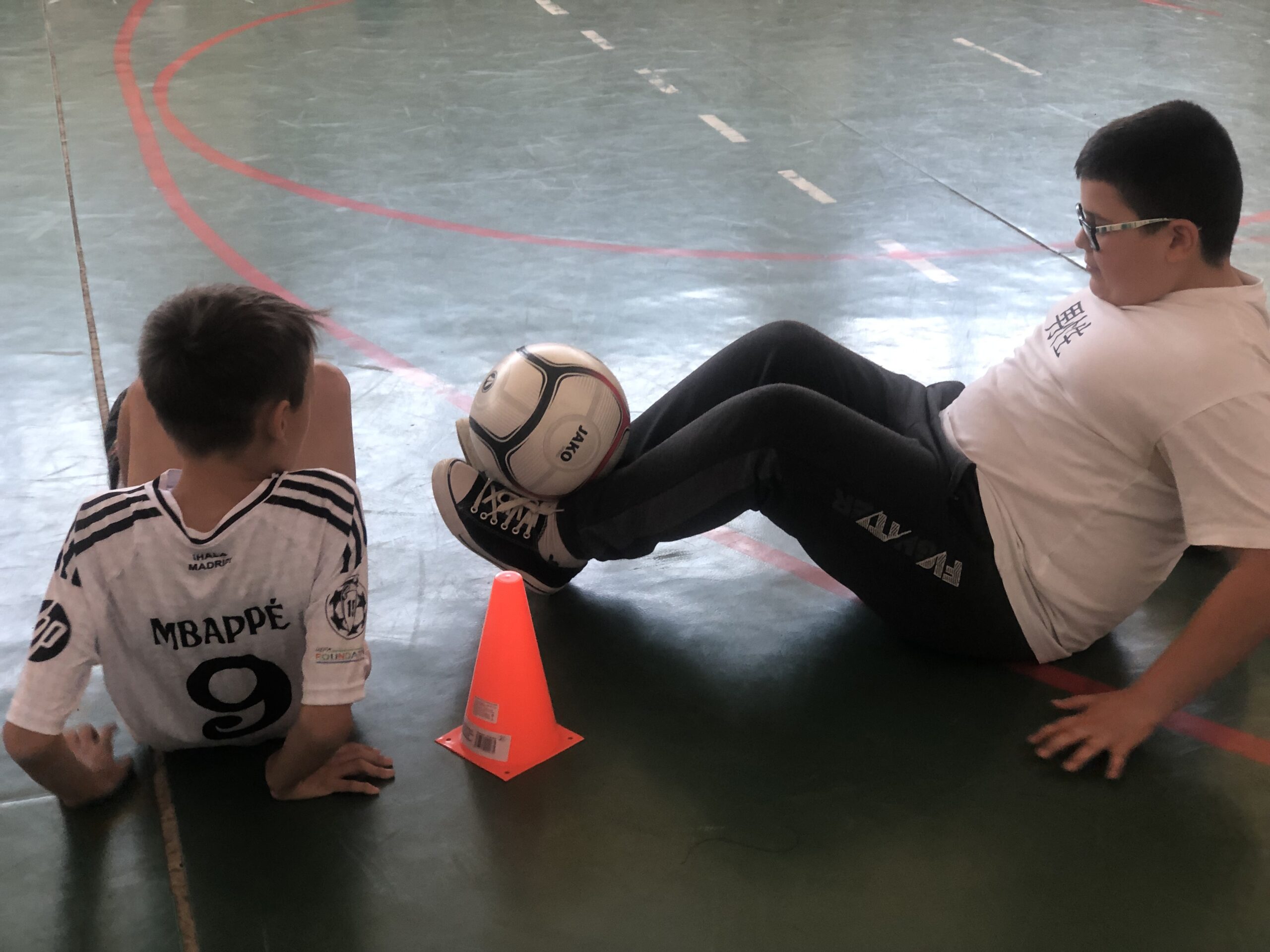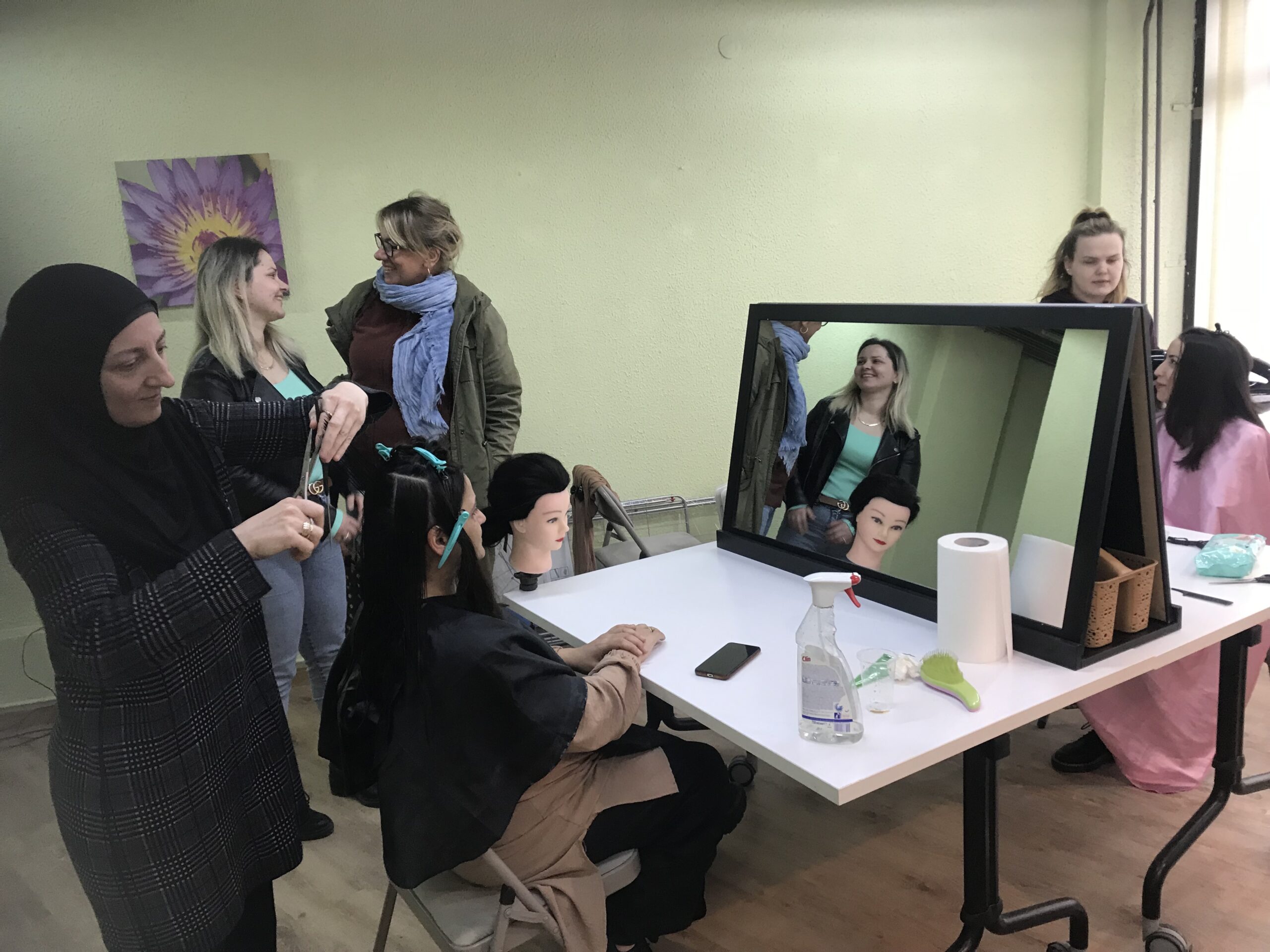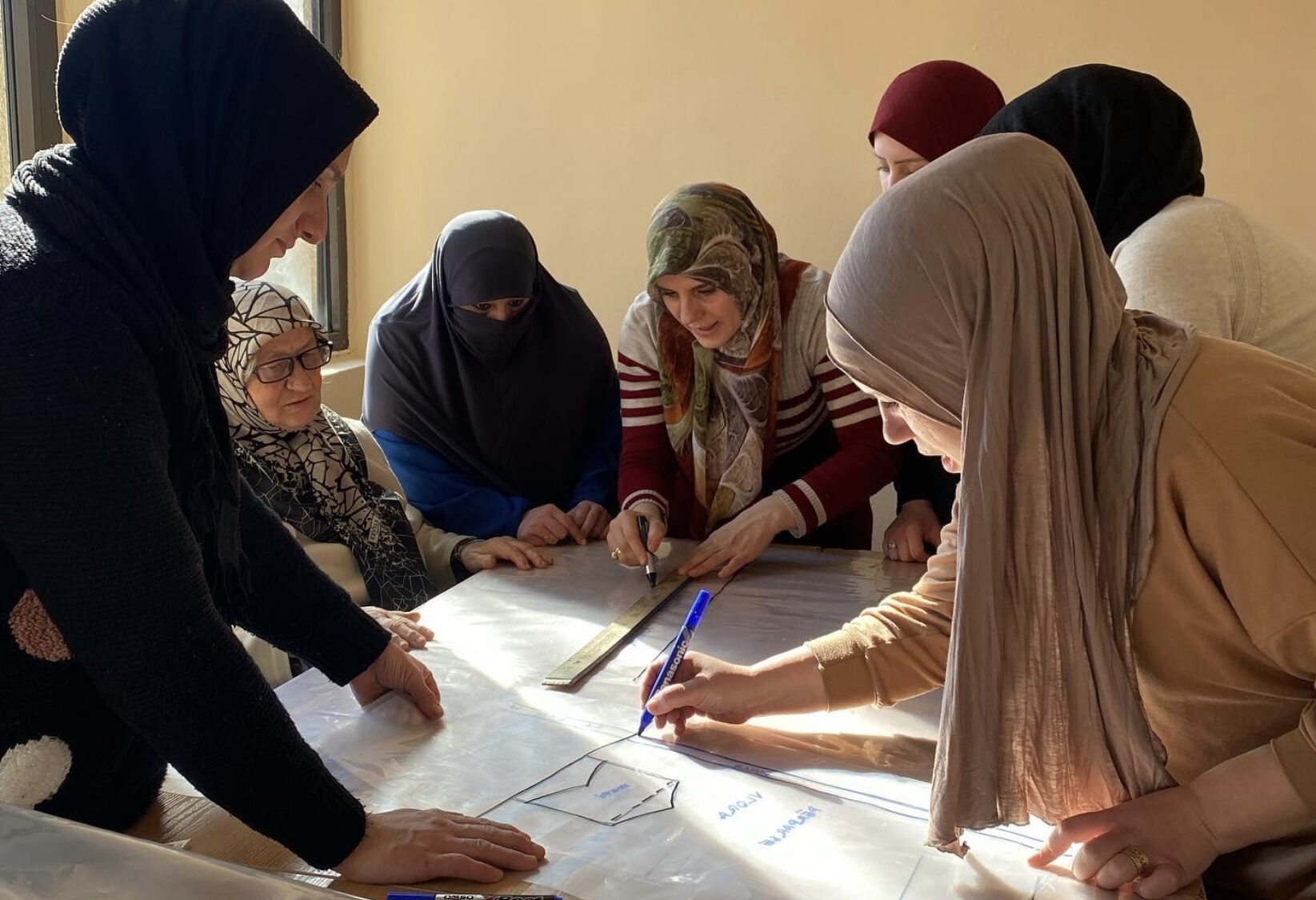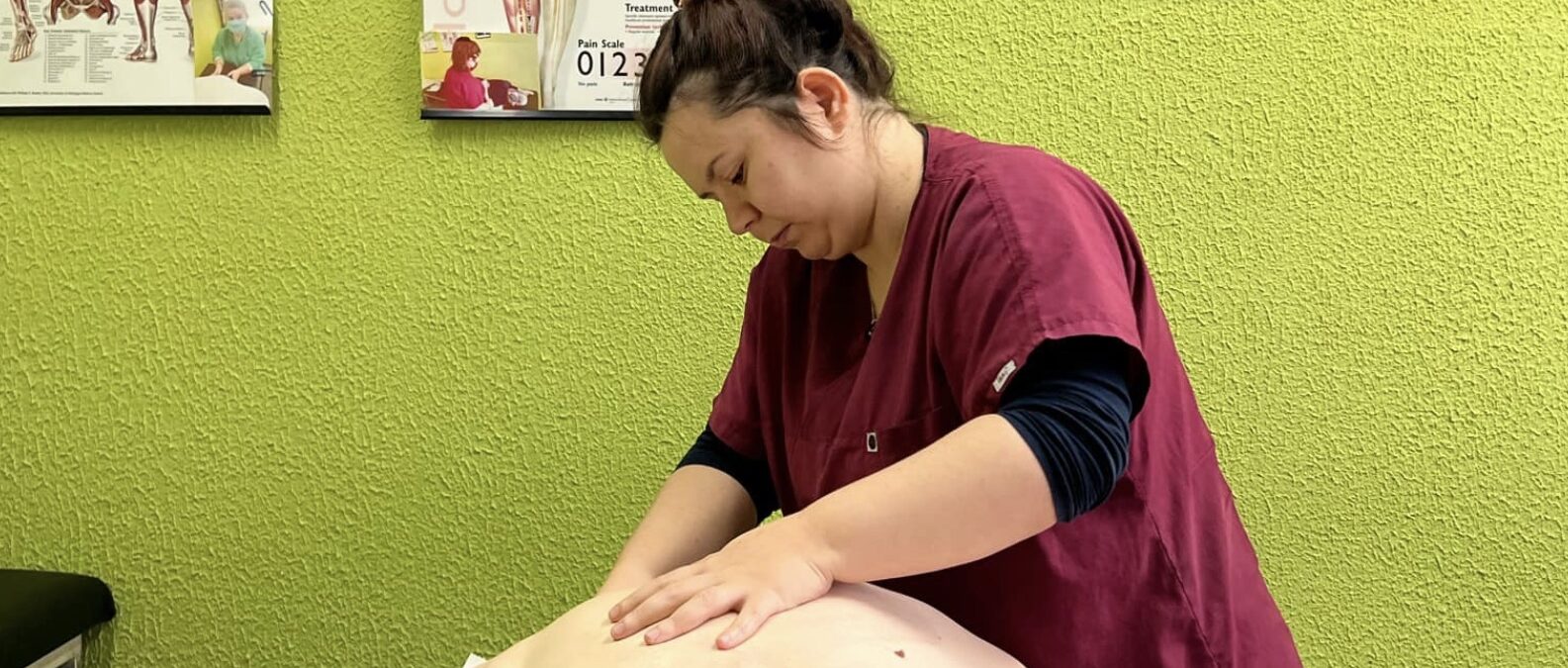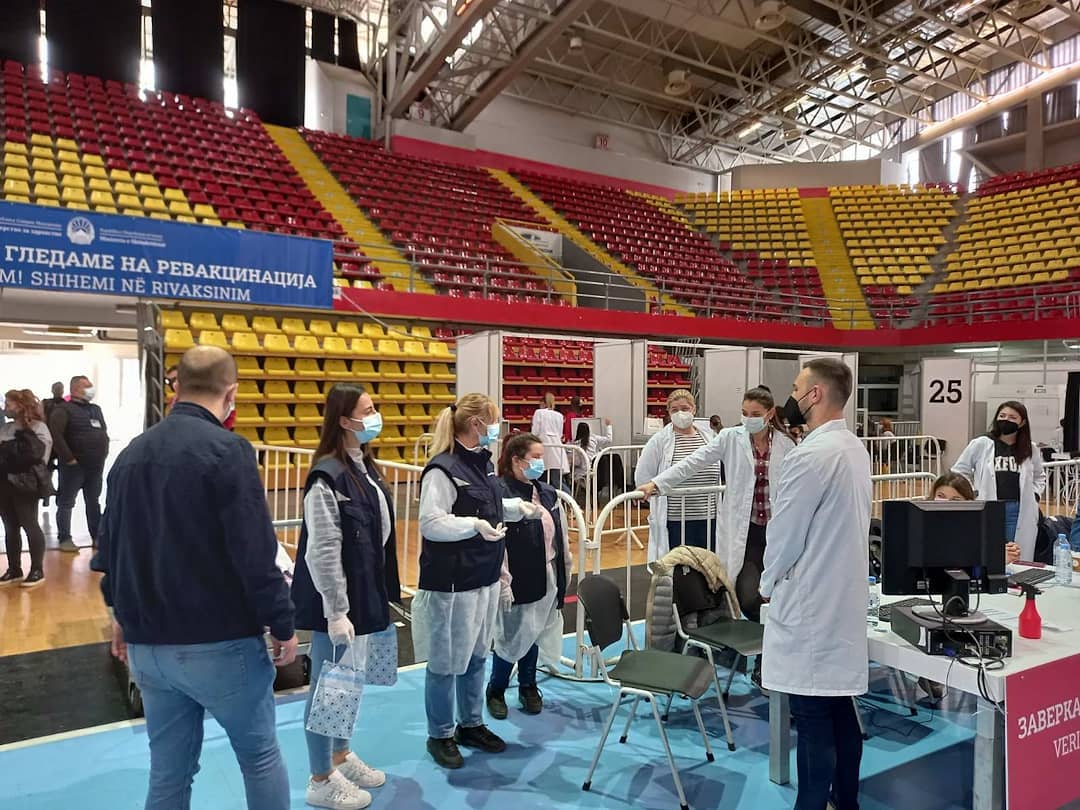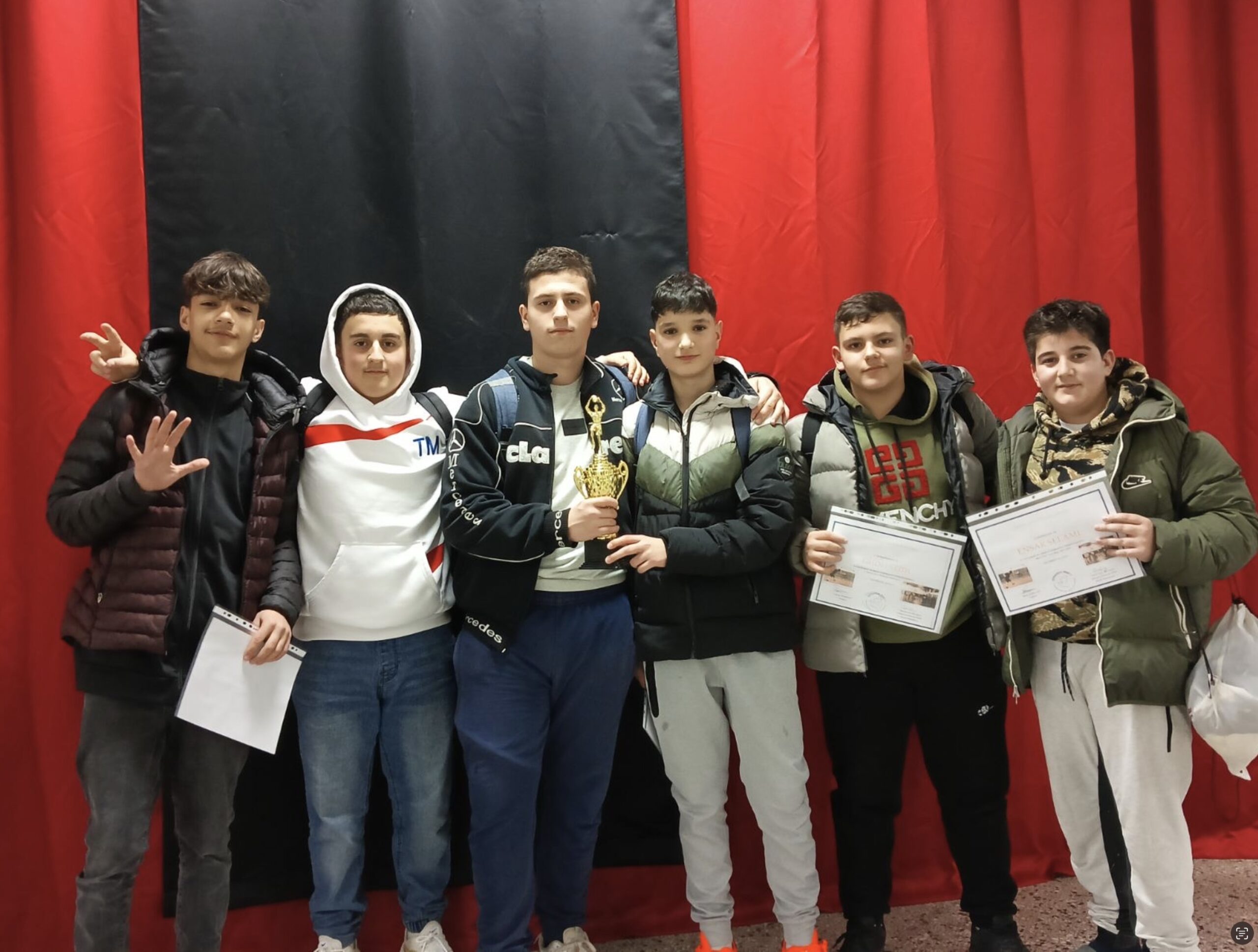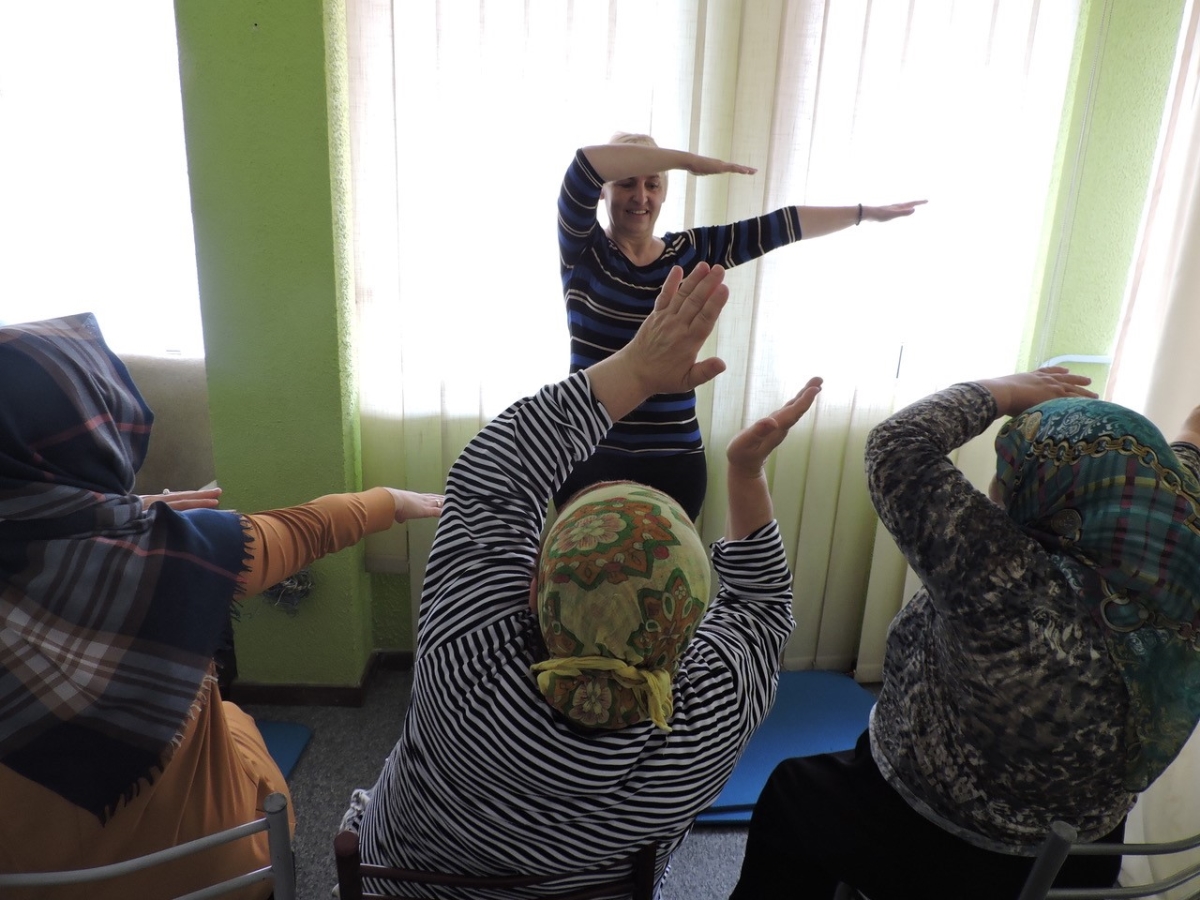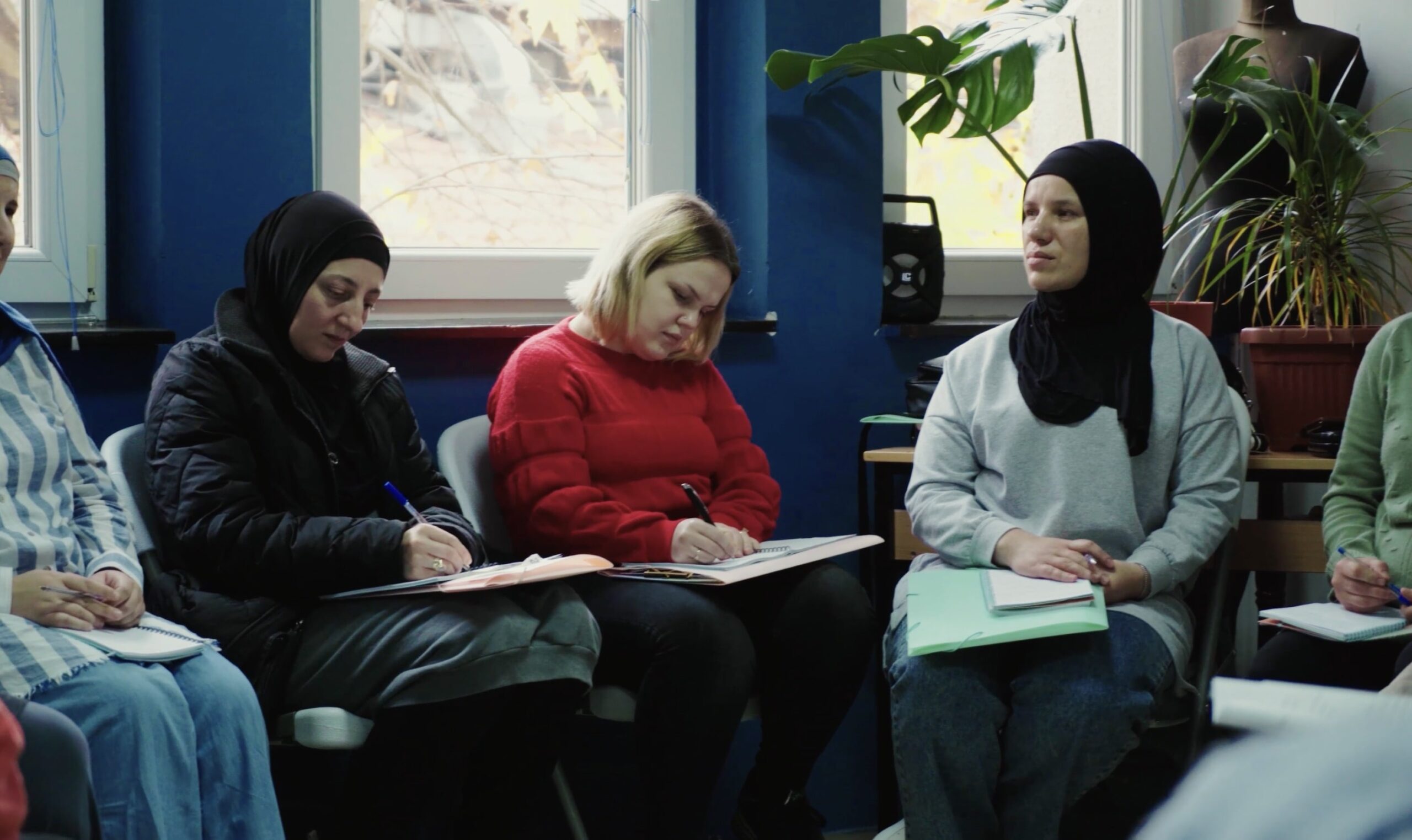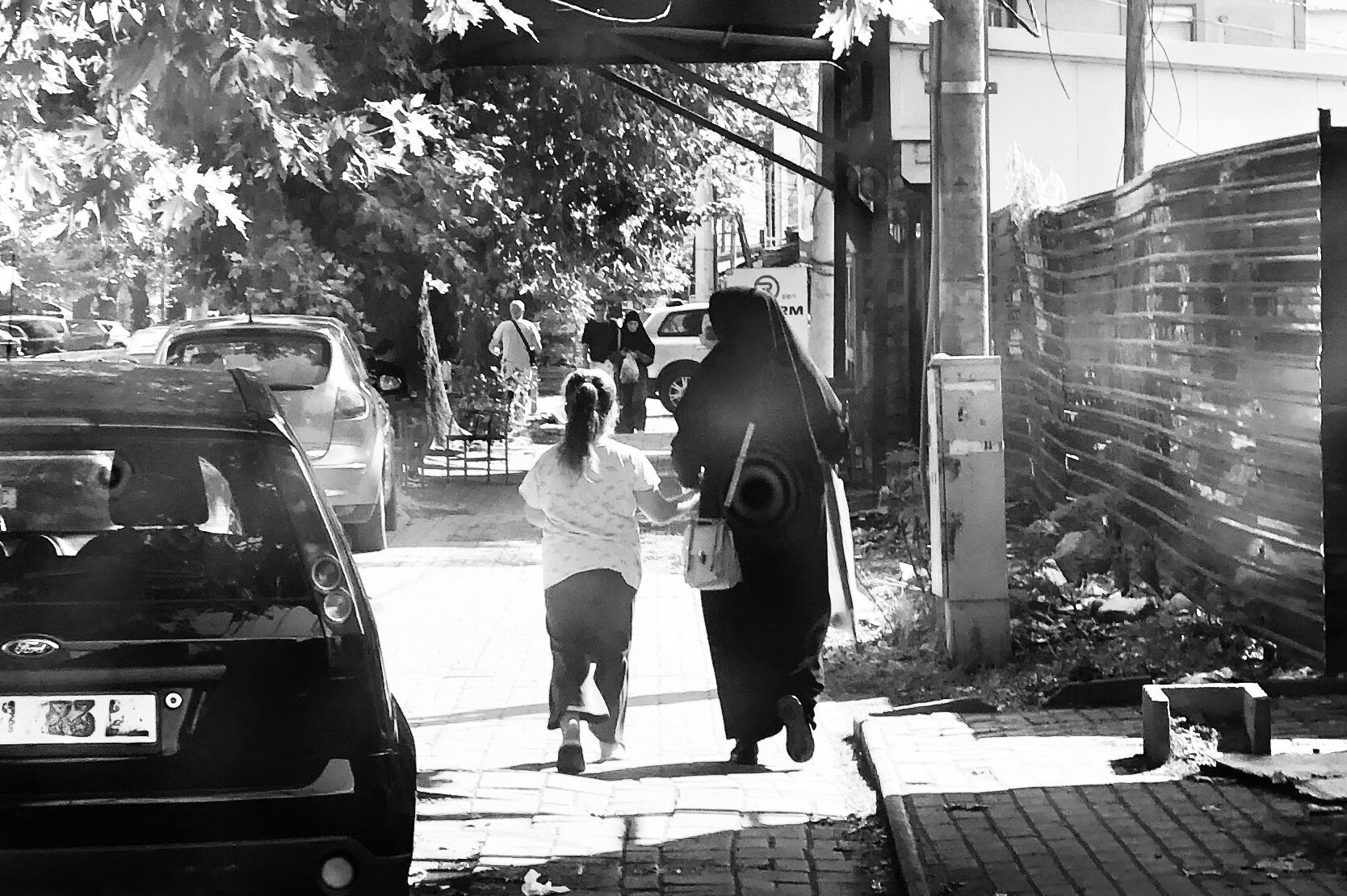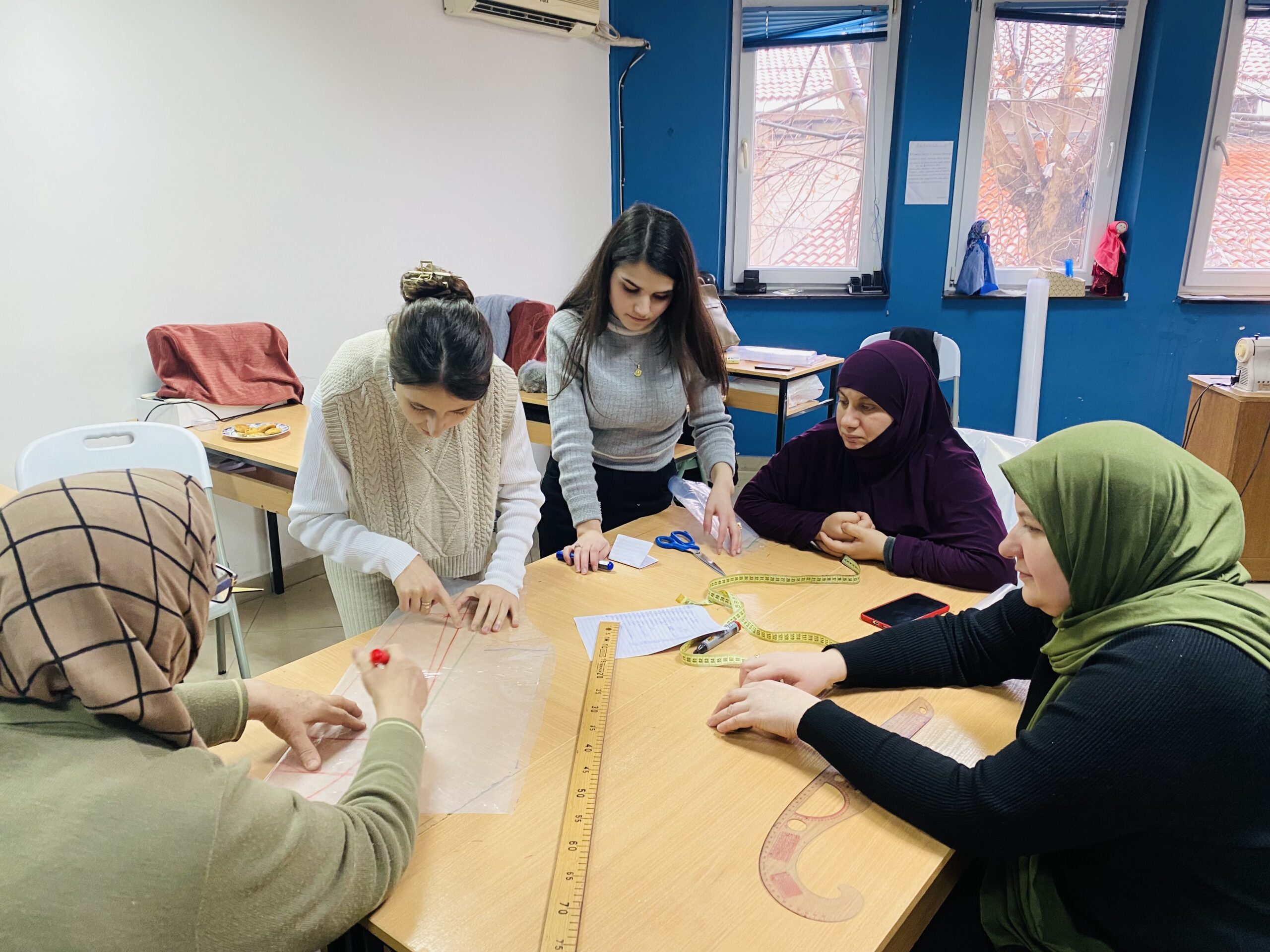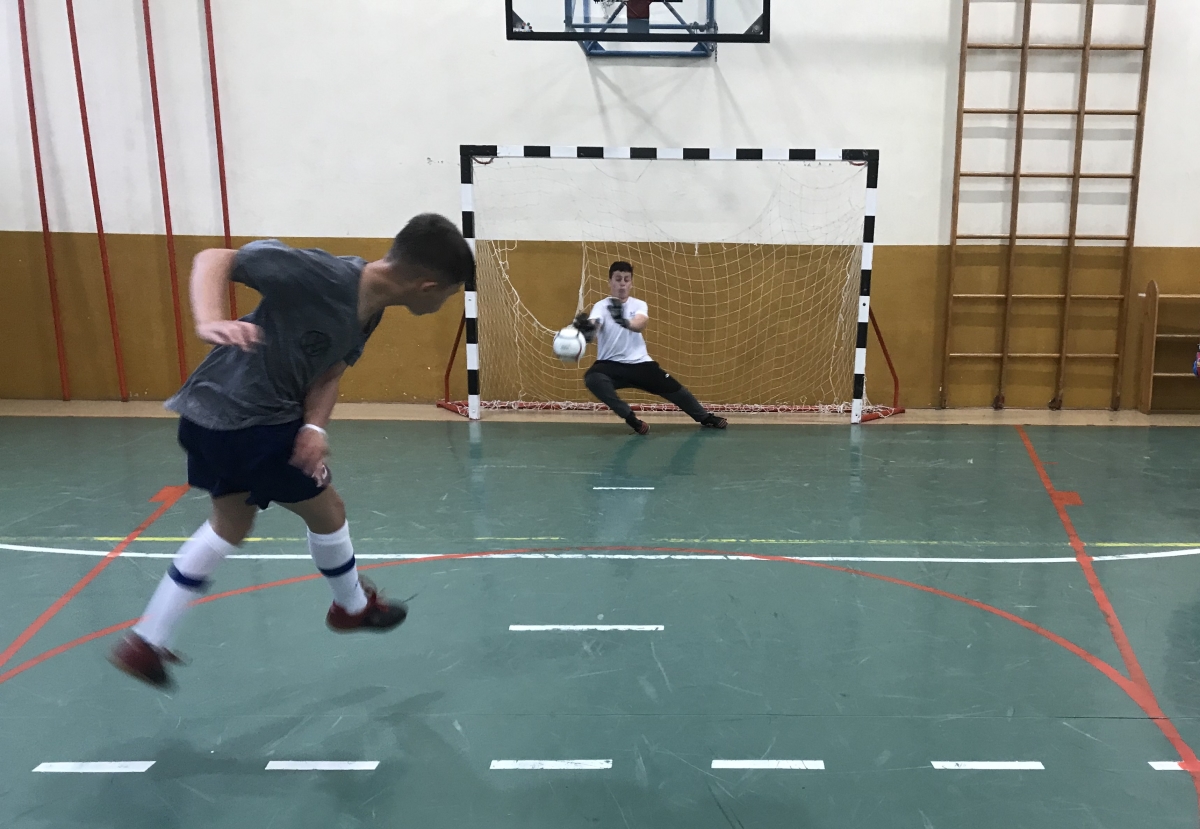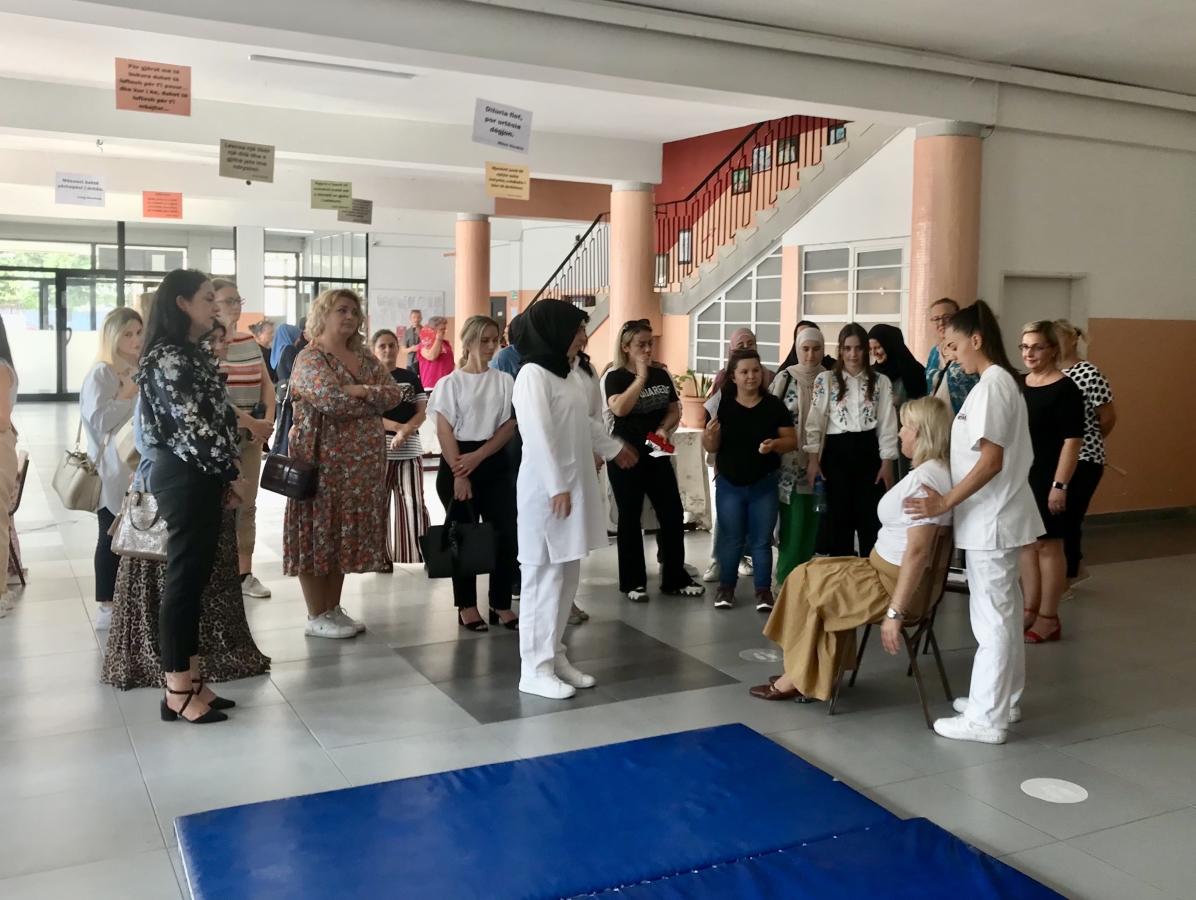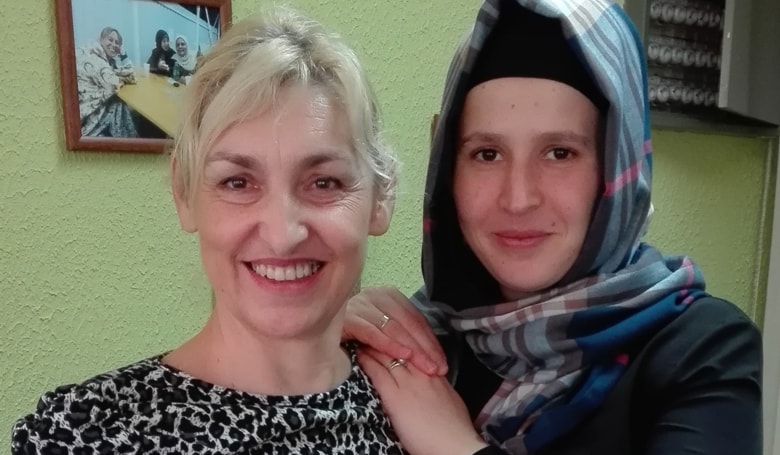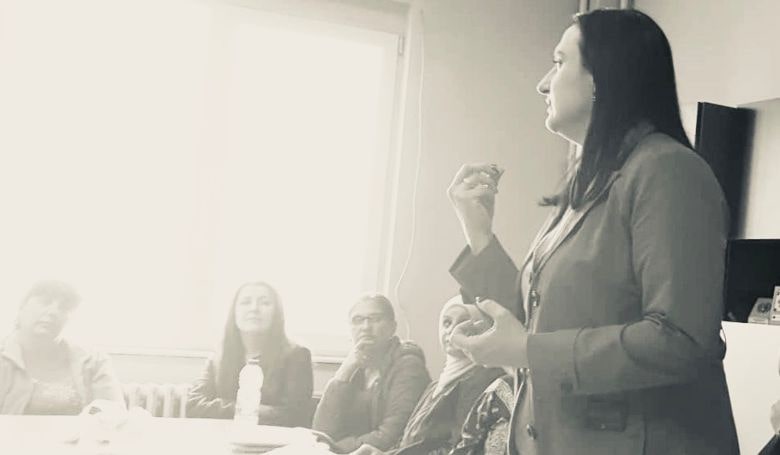North Macedonia

Kazakhstan
June 11, 2018
International
June 13, 2018The Republic of North Macedonia lies in the heart of the central Balkans of South-Eastern Europe, landlocked between Kosovo, Bulgaria, Albania and Greece. Its climate varies from jagged extremes of baking hot summers and icy winters, with temperatures soaring and plummeting, through short though beautiful springs and autumns. The country has a dry and rugged landscape, but untapped and scattered beauty ranging from the pearl of Lake Ohrid in the south, over vineyards and the Mavrovo summits and north across sun-scorched dusty lowlands to the Matka canyon. North Macedonia is a road leading from the mountains to the Mediterranean Sea, and represents a bridge between worlds. It also marks a fault-line between East and West: between Byzantine and Ottoman, democracy and communism. Its narratives reflect competing claims of history.
The capital Skopje is the birthplace of Mother Theresa and the home of the largest Roma municipality in Europe. It is a place for drinking coffee and friendly humour, of “muabet/muhabet” (relaxed conversation where people connect) in the home, at the many kafiqs or just sitting outside by a shop. Innovations of neo-antiquity encompass the great Stone Bridge which connects the Turkish quarter/Pazar with the new city center. Here, you can be living in Belgrade or in Beirut in one city, where the kaleidoscopic colour of North Macedonian and Albanian cultures has collided in interethnic tension and conflict in 2001. Many are trying to form a new identity - in this former Yugoslav successor state -which can hold together into the future and build upon the reforms and reconciliation of the one-time pastor-president, Boris Trajkovski.
North Macedonia is not a large country both physically (200 km from top to bottom) and in its population of just over 2 million. It is largely urban. Its many young people are experiencing a boom in education. The majority are ethnic Macedonians who speak a Slavic language (64%), while Albanians comprise the largest minority (25%) followed by Turk, Roma, Serb and Bosnian communities.
Despite its rich ethnic tapestry and God-given human resources, the economy has struggled through post-communist privatization. Balkan war and periods of poor governance create a difficult environment for those without diaspora remittances within the bottom 40% of the population. Many older North Macedonians and Albanians live with nostalgia for the days of Tito, while many younger people hope for a future abroad, joining the diaspora. Others remain resilient in this country, which has experienced war, earthquake and floods. The GDP is not job rich and the country continues to flow into its extensive expatriate population, leaving many villages as ghost-towns. Relative to Europe, North Macedonia has high unemployment levels (approximately one in four) and is the second poorest nation in the continent, with 30% living below the poverty line.
What will the future hold? One answer reflects the studied ambiguity of hope and the unknown: “K’e bide” meaning “It will be”, another, with optimism: “Bëhet mirë” meaning “It’s going to be OK.”
Operation Mercy began its work in North Macedonia in 2015, initially responding to the European Refugee Crisis. North Macedonia found itself in the refugee corridor running from Syria/Iraq to the EU as a million migrants, substantially from the war zones of the Middle East and Afghanistan, crossed the Aegean Sea in rubber boats to start a new life in Europe. Operation Mercy engaged in relief interventions at this time, distributing food and clothing to many thousands of refugees, while also providing cross-border protection to the most vulnerable. With the subsiding of the number of refugees in 2017, Operation Mercy proceeded with a longer term developmental presence, beginning in the depressed context of north Skopje among urban women with spinal difficulties. As a result, the Hope and Health/Better Life center continues there with a focus on physiotherapy and back fitness, serving hundreds in the inner-city.
Operation Mercy has extended its Hope and Health operation with a financial empowerment project, getting alongside women with dreams for small businesses and entrepreneurship. Operation Mercy also hopes to start a community based project for isolated children with disabilities and is exploring the viability of a hydroponic model farm for efficient domestic food production.

